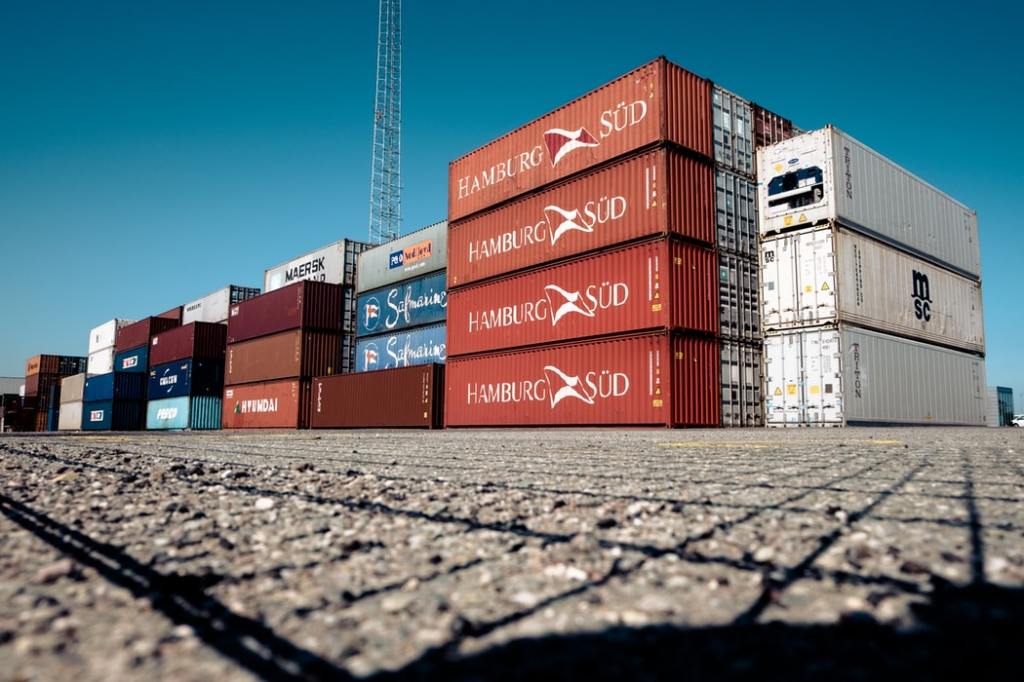
How trade-based money laundering works and its impact on world finances
World Economic Forum , 15 June 2021
 Trade-based money laundering and associated tax evasion is big business. Financial losses from these crimes in developing countries totalled $9 trillion between 2008 and 2017. Global trade complexities make tackling this type of money laundering difficult, but not impossible.
Trade-based money laundering and associated tax evasion is big business. Financial losses from these crimes in developing countries totalled $9 trillion between 2008 and 2017. Global trade complexities make tackling this type of money laundering difficult, but not impossible.
Money laundering is big business, so big, that to handle the movement of enormous sums of money, fraudsters are increasingly turning to Trade-Based Money Laundering (TBML). In developing countries, TBML and associated tax evasion contributed to almost $9 trillion in losses between 2008 and 2017. Tackling TBML is complicated by cross-jurisdiction trade, multinational companies, and globalized trade pathways.
Money laundering, used to legitimize monies from some of the most grievous crimes, is classified by the Financial Action Task Force (FATF) into three main areas:
• Use of legitimate underlying financial systems, e.g. check and wire transfers.
• The physical movement of money, e.g. cash couriers.
• The physical movement of goods through the trade system (TBML).
TBML fraudsters use certain methods to facilitate the crime:

